The Dark History of the Thanksgiving Day
While modern Thanksgiving has been sanitized into a celebration of people coming together, the reality was far darker, bloody, and terrible. The fact is, it was not peace that brought the Indians and the settlers together at the table.
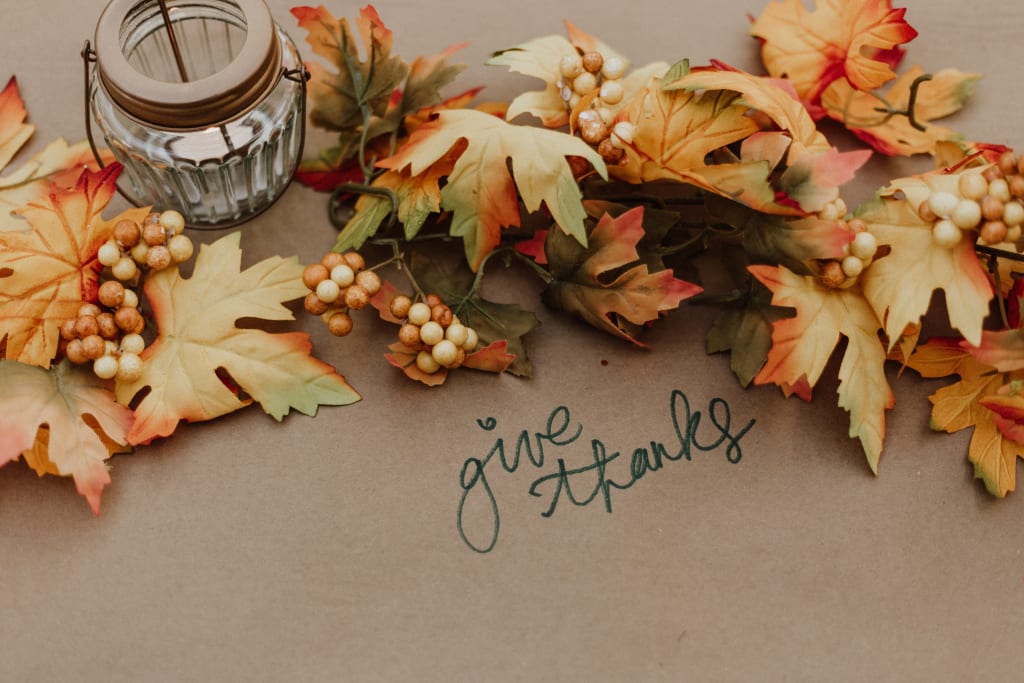
A Celebration of People Coming Together?
“Native Americans and the settlers were best friends.”
The above statement came straight out of the notebook of my 6th-grade daughter, who was told to write a short essay about Thanksgiving.
That set me thinking. At school, all of us are fed a beautiful picture of Thanksgiving. The story is simple; the settlers and Native Americans came together to give thanks. It culminated in a three-day feast in which the settlers had invited the local Wampanoag people to celebrate the harvest. It was about love and laughter, a time for both to gather around a feast, be thankful for the year that had passed, and be hopeful for the year to come.
While modern Thanksgiving has been sanitized into a celebration of people coming together, the reality was far darker, bloody, and terrible. The fact is, it wasn’t peace that brought the Indians and the settlers together at the table. The two struggling communities were brought together by an uneasy illusion of peace that finally led to the bloody Pequot War, where the settlers massacred the natives.
And following the massacre, William Bradford, the Governor of Plymouth, even celebrated it by saying.
"The next 100 years, every Thanksgiving Day ordained by a Governor was in honor of the bloody victory, thanking God that the battle had been won."
This was just one of the episodes in which settlers did something horrible to the natives. There would be other massacres and many wars before President Abraham Lincoln finally decided that a Thanksgiving holiday was needed to heal the divided nation and made it official in 1863.
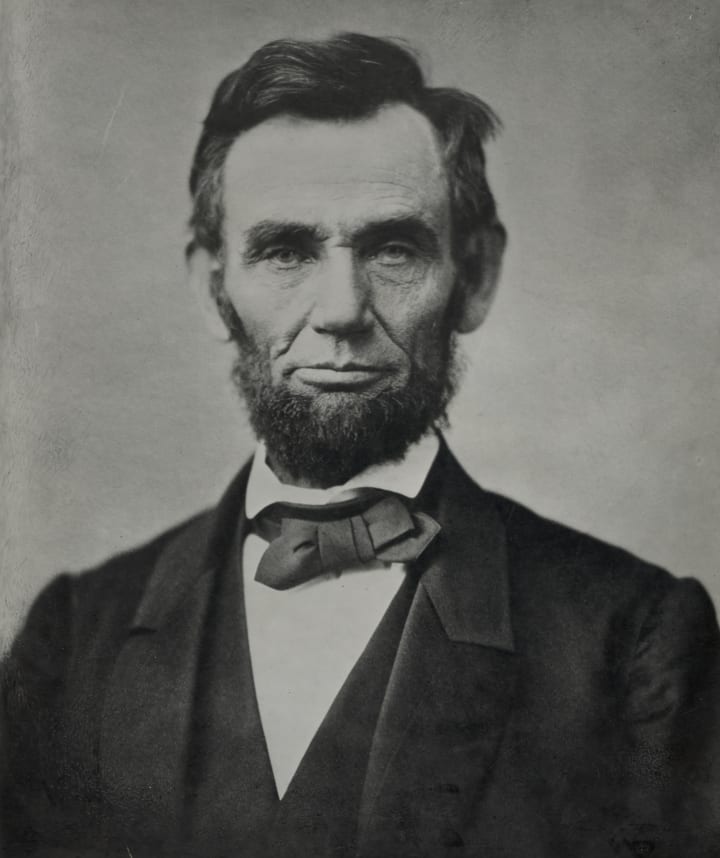
The Colonists Hated the Indians
The notion that the first Thanksgiving was some cross-cultural love-fest, as it has been portrayed, is completely wrong.
The colonists or the settlers were contemptuous of the Indians, who they regarded as uncivilized and satanic heathens and the native Indians on the other hand, hated them equally as they were wary of them because of their superior weaponry and the ferocious speed with which they were gobbling up land and establishing their settlement. The former had the ammunition, and the latter had the numbers, so an uneasy, unspoken truce ruled for some time.
Later, an Indian leader from the leading Wampanoag tribe named Massasoit first negotiated a treaty between the Plymouth settlers and the Wampanoag tribe in 1620 that concluded that no one from either group would harm anyone from the other. They also agreed that, when trading, the settlers would not bring their guns, and the natives would not bring their bows and arrows to ensure peaceful commerce further.
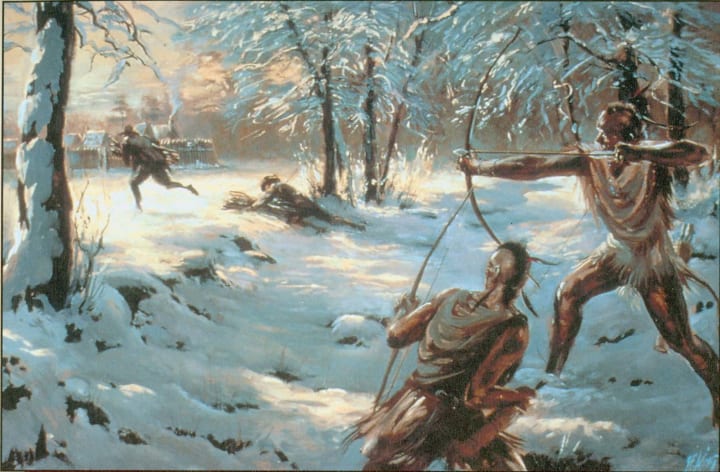
The Bloody Pequot War
Massasoit and the settlers remained allies for many years, trading English goods for Wampanoag land, natural resources, and other assets. These good relations also resulted in the first 'friendly' celebratory feast between the Indians and the settlers that lasted for three days. The settlers had invited the local Wampanoag people to celebrate the harvest.
However, the celebration in 1621 did not mark a friendly turning point and did not become an annual event. Instead, it started deteriorating after that, and after the death of Massasoit, open hostilities commenced, with minor skirmishes happening occasionally.
In 1636, a murdered white man was found in his boat, and the nearby Pequot tribe was blamed. This was the opportunity the settlers wanted as they launched a full-blown attack on the Pequot villages and other tribes leading to the infamous Pequot war.
The English Major John Mason rallied his troops and told them to 'kill every native possible.’ As Mason writes.
“We must burn them! Such a dreadful terror let the Almighty fall upon their spirits that they would flee from us and run into the very flames. Thus did the Lord judge the heathen, filling the place with dead bodies.”
At the end of the blood war, 700 Pequots had been killed or taken into captivity. Hundreds of prisoners were sold into slavery to colonists in Bermuda or the West Indies, and other survivors were dispersed as captives to the victorious tribes.
The day after the massacre, William Bradford, the Governor of Plymouth wrote.
"From that day forth shall be a day of celebration and thanksgiving for subduing the Pequots."
This was an ironic beginning for the Thanksgiving Day celebration that originated from a gruesome massacre. After that, massacres of the Indians were routinely followed by 'days of thanksgiving' until President Abraham Lincoln created an idealistic Thanksgiving narrative for future generations to create a unified nation.
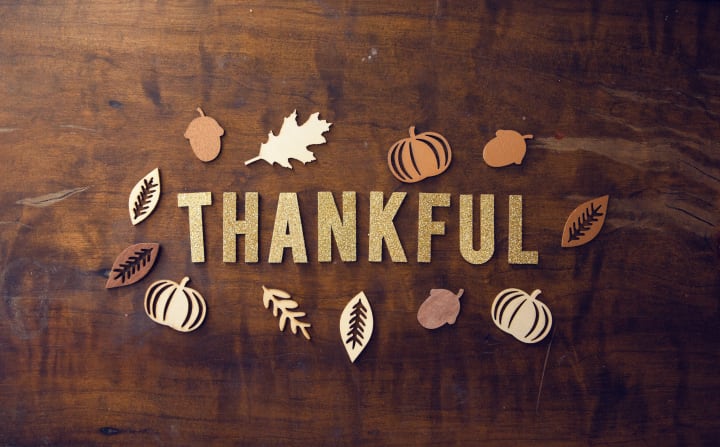
Let Us Celebrate Thanksgiving the Right Way
To say native Americans suffered greatly with the arrival of the ambitious settlers would be an understatement. Their homes were destroyed, their ways of living were obliterated, their lands were seized, and their community was massacred.
If there is anything to learn from the gruesome history of Thanksgiving, it is to truly acknowledge the bitter past and unlearn the illusion of ‘past unity’ that has created a utopian idealized version of the holiday.
We do not require the 'live happily ever after' narrative between the Indians and settlers to stay happy and united today. All we need is a bit of empathy, generosity, and gratitude; for that, we do not need to celebrate a special day such as Thanksgiving Day once a year.
Let us make every day a Thanksgiving Day.
About the Creator
Peeping_Soul
I am an executive who likes spending time reading and writing about almost everything under the sun.I love writing within the cusp of relationships, history, and creativity where boundaries are blurred, and possibilities are immense.




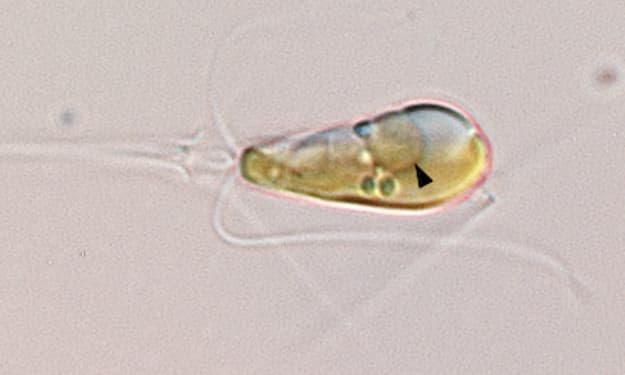

Comments
There are no comments for this story
Be the first to respond and start the conversation.